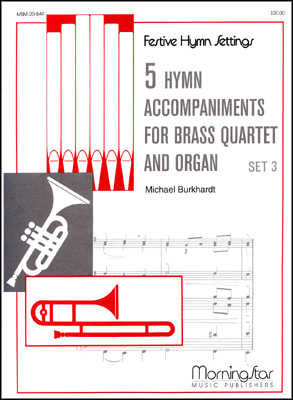113
Mark How the Lamb of God's Self-Offering
Copyright Information
- Text Copyright
- © 1990 Hope Publishing Company
- Tune Copyright
- Harm. © 1987 Faith Alive Christian Resources
- Reprint/Projection Information
-
Full Text
Scripture References
Thematically related:
-
st. 1 = · · ·
-
st. 2 = · · · · · ·
-
st. 3 =
Further Reflections on Scripture References
Stanza 1 – for the references to Jesus’ Baptism see Matthew 3:13-17; Mark 1:9-11; Luke 3:21-22; and John 1:31-34.
Stanza 2 – the narratives for the temptation of Jesus are found in Matthew 4:1-11; Mark 1:12-13; and Luke 4:1-15. Paul will reflect on the “mazes of adversity” in his own experience in II Corinthians 11:16-33; 112:1-10; II Timothy 2:8-13, and Peter does the same in II Peter 4:12-19.
Stanza 3 – see Romans 12:1-2 for the call to be transformed.
Confessions and Statements of Faith References
Further Reflections on Confessions and Statements of Faith References
Our World Belongs to God, paragraph 25 testifies that when we are set right with God, we are “given new life, and called to walk with him in freedom from sin’s dominion.”
Stanza 3 refers to the “royal priesthood,” a calling that all of God’s children share, because we “share in his anointing…to confess his name, to present myself to him as a living sacrifice of thanks, and to strive with a free conscience against sin and the devil in this life, and afterward to reign with Christ over all creation for eternity” (Heidelberg Catechism, Lord’s Day 12, Question and Answer 32).


 My Starred Hymns
My Starred Hymns






